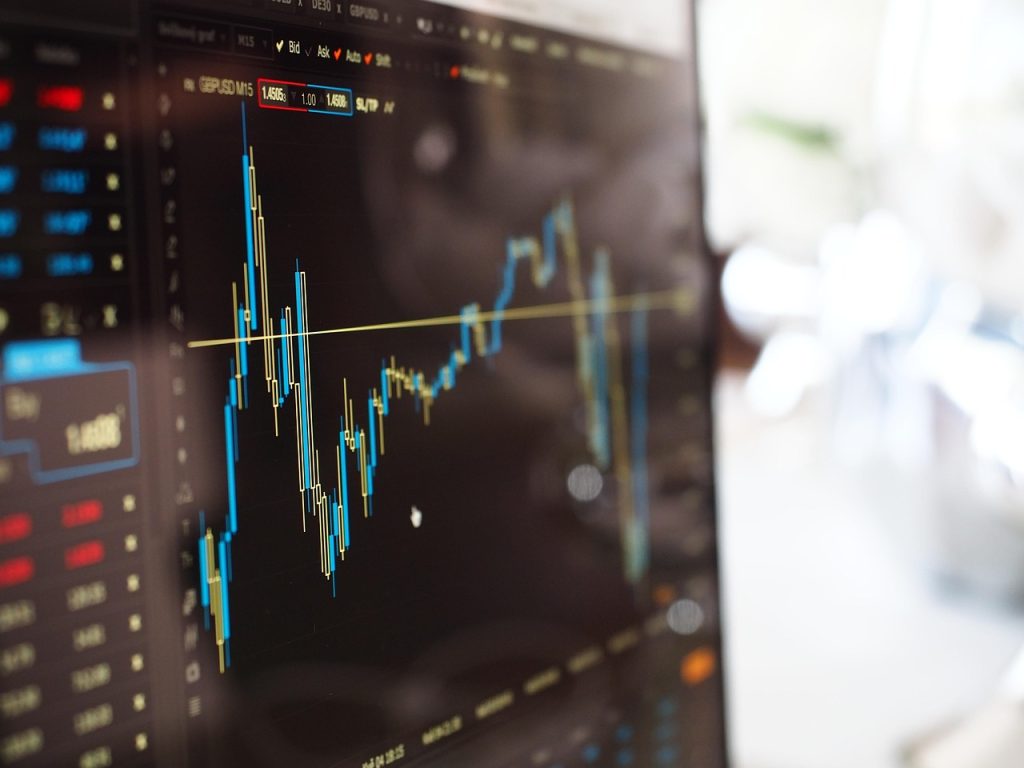
Contracts for Difference, or CFDs, as they are commonly referred to, have become popular with traders looking for flexible opportunities. They offer fast access to a broad spectrum of markets without needing to own the underlying asset. But behind the glitzy commercials and success stories are some harsh realities that seasoned traders won’t tell you. Newbies tend to get lured in by the lure of leverage and the potential to earn money on increasing or decreasing markets, but there’s a whole lot more to learn prior to making that first trade.
Most begin by asking, what is CFD trading all about? Simply put, it’s a trader-broker agreement to trade the difference in the asset price from when a position has been opened to when it is closed. Sounds straightforward enough, but the actual game lies in the finer points that tend to go unobserved by beginners. Here are a few things that seasoned traders won’t tell you. Read on!
The Hidden Cost of Leverage
Leverage is commonly marketed as the best friend of the trader. Brokers emphasize how a small amount of money is needed to manage large positions. Leverage is a double-edged sword, though. Leverage amplifies both gains and losses. Most new traders dive in with no idea how fast leverage can empty an account. A single bad decision can undo months of work.
It is essential to know margin requirements. Brokers have varying policies and might make a margin call when account equity falls below a specified amount. This is to close positions automatically to avoid losses, usually at the most inconvenient time. Smart traders always employ leverage with caution, but this aspect of discipline does not get much mention.
Brokers Make Money When Traders Don’t
One of the lesser-known pieces of information is the way some brokers work. Market brokers tend to take the opposing side of a trade. If the trader loses, then the broker makes money. This conflict of interest doesn’t necessarily imply dirty tricks, but it’s something to think about. Traders must research their broker thoroughly and see if they’re working with a market maker or an ECN broker.
In addition, there are commissions, spreads, and overnight charges. Most traders see the forest and not the trees, overlooking little expenses nibbling away at profit. Swaps and rollovers accrue if positions are maintained overnight. Eventually, these charges can be the difference between profit and loss.
CFD Trading Is Not Passive Income
Some ads make CFD trading appear to be an easy means of making passive income. But it is far from the truth. Successful traders approach it as a grueling job. Markets require constant surveillance. News, economic releases, and surprise global events can cause prices to move in seconds.
Strategies must change. What was good today won’t be tomorrow. Backtesting works to some extent, but there’s no protection against the future. Hours are spent by many traders honing techniques and staying current with trends. CFD trading as a hobby without committing the time necessary typically ends in disappointment.
The Importance of Risk Management
Risk management tends to sound dull in contrast to the excitement of big wins, but it’s the foundation of effective CFD trading. Professionals risk only a fraction of their capital on each trade. They understand losses are part of the game; therefore, capital protection is paramount.
Position sizing is important. Rather than committing all money to a single trade, diversification of risk minimizes damage. Those who neglect this and pursue instant gratification tend to get the toughest lessons. Maintaining a trading journal and tracking every trade ensures one knows where they’ve gone wrong. This practice builds discipline and pinpoints areas to improve.
The next time someone asks what is CFD trading like, the truthful response must encompass the hardships and not merely the possibilities of gains. Behind each successful trader lies a tale of mistakes, inner struggles, and endless learning hours. The majority of seasoned traders will highlight the wins while minimizing the risks. Anybody venturing into CFD trading must keep this in mind: there are no shortcuts. The market is cruel, but with reasonable expectations and a solid plan, CFDs can be an amazing instrument for those who will put in the effort.

Peyman Khosravani is a global blockchain and digital transformation expert with a passion for marketing, futuristic ideas, analytics insights, startup businesses, and effective communications. He has extensive experience in blockchain and DeFi projects and is committed to using technology to bring justice and fairness to society and promote freedom. Peyman has worked with international organizations to improve digital transformation strategies and data-gathering strategies that help identify customer touchpoints and sources of data that tell the story of what is happening. With his expertise in blockchain, digital transformation, marketing, analytics insights, startup businesses, and effective communications, Peyman is dedicated to helping businesses succeed in the digital age. He believes that technology can be used as a tool for positive change in the world.









